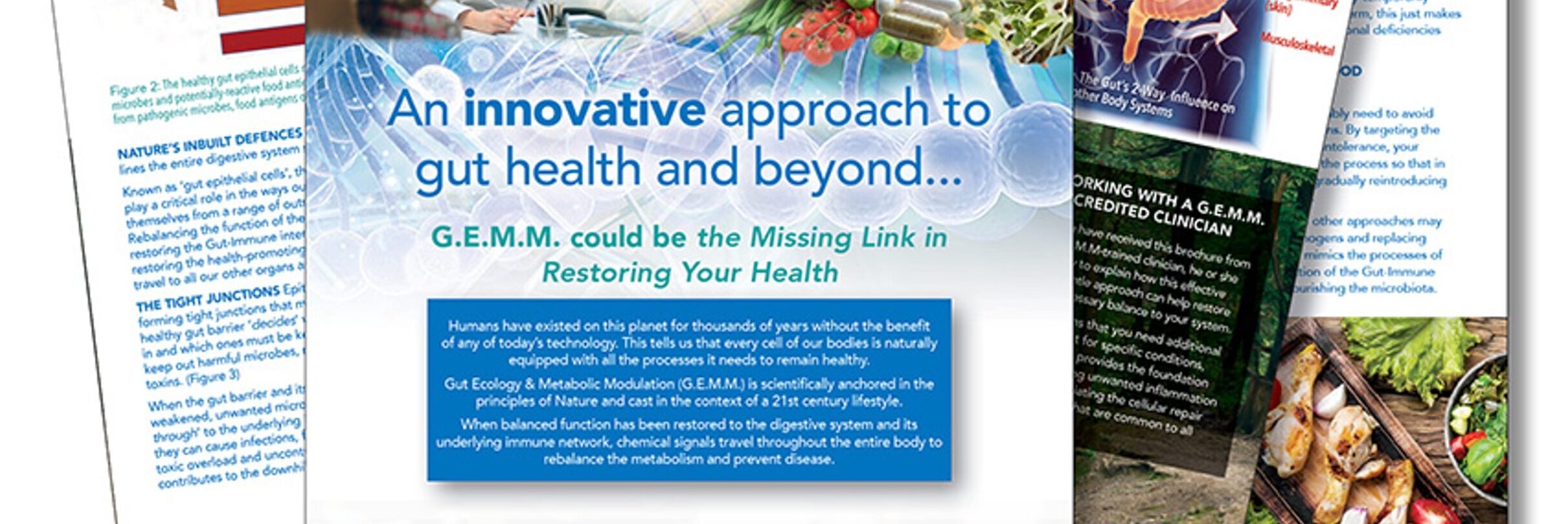I should have known better. It was 9pm and I felt a little hungry and grabbed the Quinoa chips as I chilled in front of Netflix. As I wanted to have an early night, I did a little meditation then when to bed. Half an hour into my sleep-integration, a beautiful meditation created by Peter Sage. I started feeling a stabbing pain radiating from my stomach to the back. I tried to ignore it then started tossing and turning. I finally had to get up because it became unbearable to stay lying down. So what the heck was that?
Indigestion is very common in postmenopausal women. In fact 40% of postmenopausal women have no basal gastric acid secretion (Banoo and Nusrat 2016). Not only may hypochlorhydria (low stomach acid) cause indigestion but also prevents food and supplements to be broken down efficiently. In my “Healthy Bones & Joints Program” I am addressing low gastric acid also in relation to calcium-absorption. The most commonly prescribed (and cheapest) calcium-supplement is calcium carbonate, pressed into a firm tablet.
For years women have been conditioned to take calcium supplements, which is especially recommended after menopause. Now imagine having low gastric acids and adding a calcium supplement which has a buffering, that means acid-reducing effect. Not only will your body have a hard time to break down foods, which end up sitting undigested in your stomach, it will also not be able to break down the calcium tablet so that your bones can absorb it efficiently. Furthermore, women who only ingested calcium from foods, even when the total amount of it was less than the supplemented group, have shown better bones than those who supplemented with calcium (Ericson 2007).
The double-whammy happens when that food, instead of moving on into the rest of your digestive system, begins to ferment inside your stomach. This in turn causes bloating and the undigested food starts pushing through the lower esophageal sphincter (LES), causing acid reflux. Ironically this is commonly treated with PPIs (proton pump inhibitors), creating a vicious circle of dysbiosis and mineral- and vitamin deficiencies.
What are the main symptoms of low gastric acid?
- A sensation of fullness after an average meal
- Bloating which may be coupled with flatulence
- Sour burping also called heartburn
What can exacerbate indigestion?
- Excess body weight
- Smoking
- Drinking coffee, black tea and soft drinks
- Stress
Continuous indigestion and low gastric acid may result in chronic health issues such as :
- Food allergies
- SIBO (small intestinal bacterial overgrowth)
- Heartburn
- Osteoporosis (Karsenty and Gershon 2011)
- Dyspepsia
- Peptic ulcers
- Gastritis
- Gastric cancer (Hunt, et al. 2015)
What can you do to get better?
- Have your last meal at least two to three hours before bedtime.
- Eat slower – chew your food 20x before swallowing.
- Don’t drink excessive amounts of fluid while eating, as it reduces gastric acid as well as dilutes digestive enzymes.
- Drink plenty of fresh water at least an hour away from meals.
- Avoid foods that irritate your stomach, such as spicy or fatty foods.
- Do not take NSAIDs (non-steroidal anti-inflammatory drugs) regularly and long-term – there are safe and side-effect free alternatives (Healthy Bones & Joints Program).
What else helps?
- A regular eating and sleeping pattern.
- Reducing stress via yoga, meditation, and/or via finding a holistic rhythm of life.
- Bitter foods and herbs eaten with meals.
- Sipping on a little lemon-water or water with one teaspoon of apple cider vinegar while eating.
- Taking digestive enzymes with meals that double up as an anti-inflammatory agent when taken in between meals.
In a Nutshell:
- Low stomach acid may be the cause of indigestion.
- 40% of postmenopausal women have shown to have very low gastric acid but it’s more and more common among younger people as well.
- Chronic indigestion may lead to further health implications and needs to be addressed.
- Chew your food well and take it together with bitter herbs, digestive enzymes, a little lemon- or apple cider vinegar water.
- Avoid overeating and have your last meal at least two hours away from bedtime.
- Drink in between meals not with meals.
- Adopt a regular sleeping- and eating pattern.
- Reduce stress via yoga, meditation or other methods.
Reference:
- Banoo, Hajra, and M. Nusrat. 2016. Review Article. “Implications of Low Stomach Acid: An Update”. RAMA Univ. J. Med Sci 2016;2(2): 16:26. Accessed January 15, 2021. http://www.ramauniversityjournal.com/medical/pdf_june/16-26.pdf.
- Ericson, Gwen. 2007. Washington University in St. Louis. Dietary calcium better than supplements at protecting bones. September 26. Accessed August 31, 2020. https://source.wustl.edu/2007/09/dietary-calcium-better-than-supplements-at-protecting-bones/.
- Hunt, R H, M Camilleri, S E Crowe, E M El-Omar, J G Fox, E J Kuipers, P Malfertheiner, et al. 2015. The stomach in health and disease. Gut, 64(10), 1650–1668. October. Accessed January 15, 2021. https://doi.org/10.1136/gutjnl-2014-307595.
- Karsenty, Gerard, and Michael D. Gershon. 2011. Karsenty, G., & Gershon, M. D. The importance of the gastrointestinal tract in the control of bone mass accrual. Gastroenterology, 141(2), 439–442. June 17. Accessed January 15, 2021. https://doi.org/10.1053/j.gastro.2011.06.011.
Written by Monika Ramasamy, 15th January 2021
Note: As an Amazon and iherb Associate I earn from qualifying purchases.
If you like my article, please share. Thank you.




